Conditions
Vascular occlusions
Vascular occlusions–also known as central retinal vein occlusions–have been anecdotally linked to COVID-19 vaccination.
However, according to a self-controlled case series published in 2023, there was no increased risk of vascular occlusion observed after COVID-19 vaccination.
What are vascular occlusions?
Vascular occlusions can affect both the central and branches of retinal veins or arteries.
There are 4 types of vascular occlusions, that can be caused by a variety of conditions:
- Central Retinal Vein Occlusion (CRVO)
- Branch Retinal Vein Occlusion (BRVO)
- Central Retinal Artery Occlusion (CRAO)
- Branch Retinal Artery Occlusion (BRAO)
In cases of CRVO, a blood clot blocks the main vein where blood flows out of the retina.
A blocked vein prevents the retina’s ability to transmit light signals through the optic nerve to your brain.
This eye condition usually only affects one eye, and while some people don’t have any symptoms, many people with CRVO experience blurry vision.
There are two types of vascular occlusion:
- Non-ischemic central retinal vascular occlusion
- Ischemic central retinal vascular occlusion
Non-ischemic vascular occlusion is a mild type of CRVO that causes blood vessels in the retina to leak.
Ischemic vascular occlusion is more severe and reduces or blocks blood flow to retinal blood vessels.
Mild vascular occlusion can turn into severe CRVO if left untreated.
Additionally, there’s another type of CRVO known as branch retinal vein occlusion (BRVO).
BRVO is similar to central retinal vein occlusion, but it affects the smaller retinal veins and not the main vein.
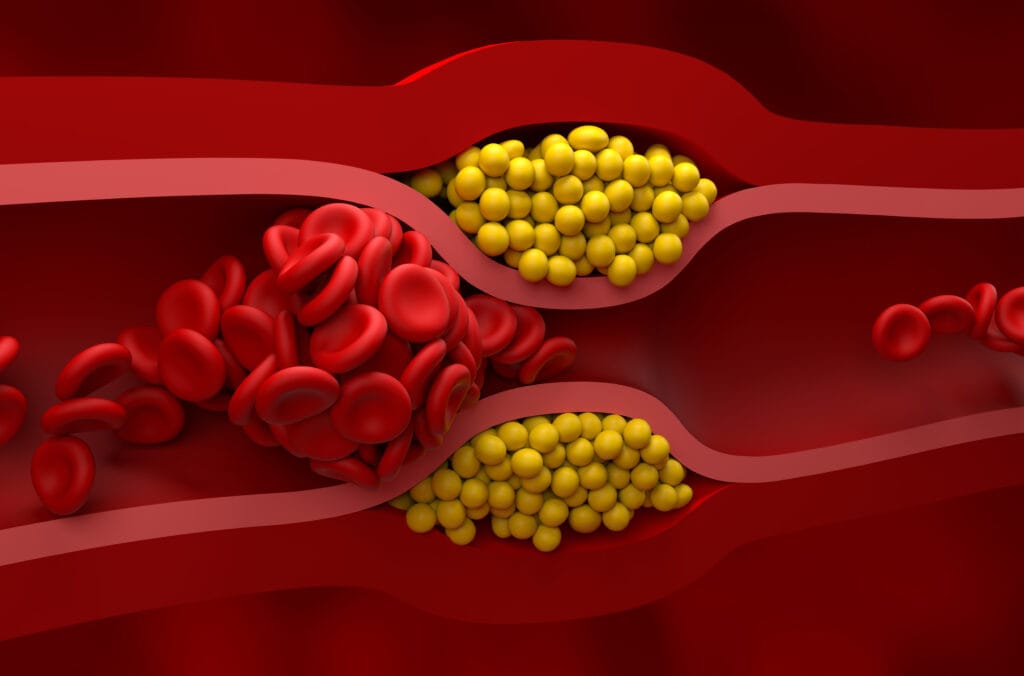
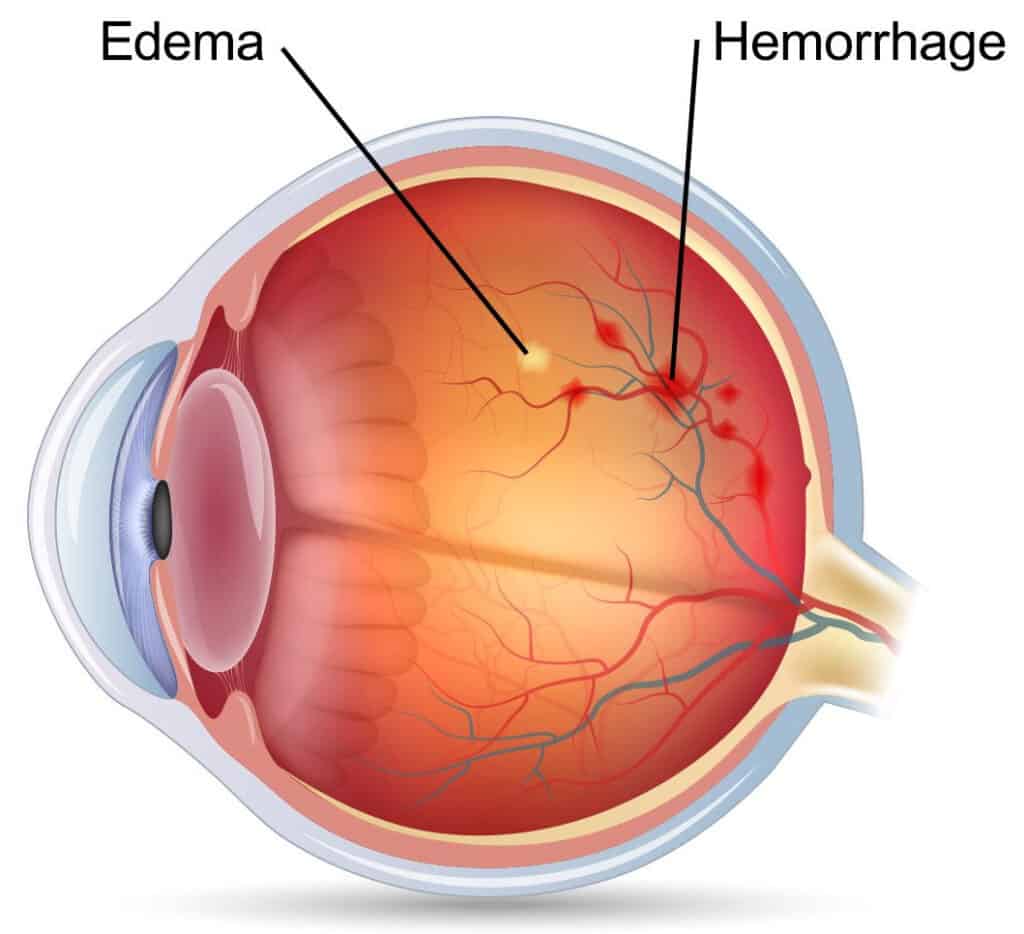
What causes vascular occlusions?
The causes of vascular occlusions are still unclear; however, experts know that there is a connection between CRVO and glaucoma.
CRVO happens when a blood clot reduces or prevents blood flow out of the main vein that helps blood flow away from your retina.
When your retina doesn’t get enough blood flow, it also doesn’t get enough oxygen.
This leads to the release of a protein called vascular endothelial growth factor (VEGF).
If too much VEGF is released, it can cause swelling in the retina, which is called macular edema.
If you are 50 years old or older, you may be more likely to develop vascular occlusions.
You may also be at a higher risk for central retinal vein occlusions if you have:
- High blood pressure
- Diabetes
- Glaucoma
- Arteriosclerosis (hardening of the arteries)
Vascular occlusion symptoms
One of the main symptoms of vascular occlusions is blurry vision.
In mild cases of CRVO, you might not have any noticeable symptoms.
However, if CRVO is more severe, you may feel pain or see redness in your eye.
You should consult your ophthalmologist as soon as you notice any of these symptoms because early treatment of vascular occlusions can decrease the risk of vision loss.


Vascular occlusion diagnosis
Your ophthalmologist can diagnose vascular occlusions with a comprehensive dilated eye exam that is painless and straightforward.
Your eye specialist will apply eye drops to dilate (widen) your pupil and then examine your eyes for CRVO and other eye problems.
Other tests used to diagnose vascular occlusions include the following:
- Fluorescein angiogram
- Optical coherence tomography (OCT)
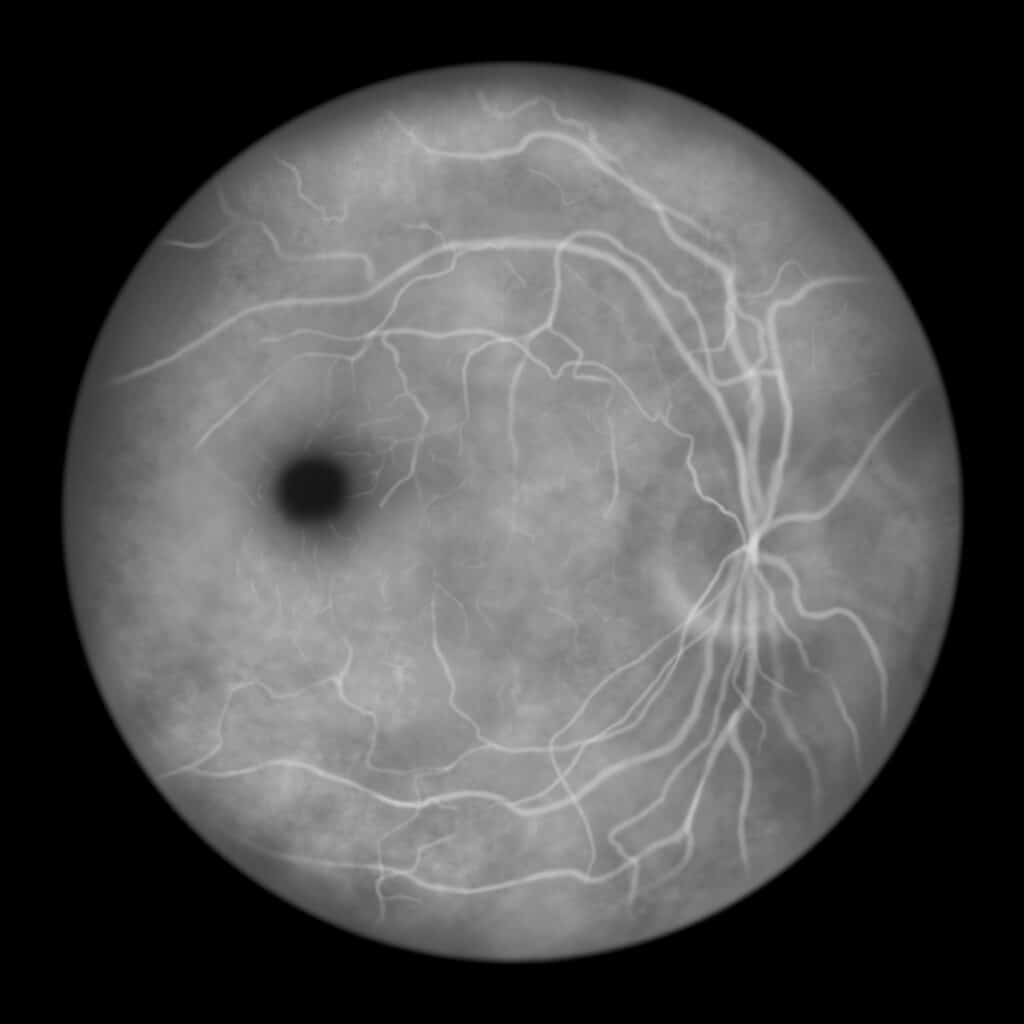
Fluorescein angiography (FA)
During a fluorescein angiogram, a special dye will be injected into your arm, which will travel to your eye.
Your ophthalmologist will use a camera to take photos of your retinal veins as the dye moves through them
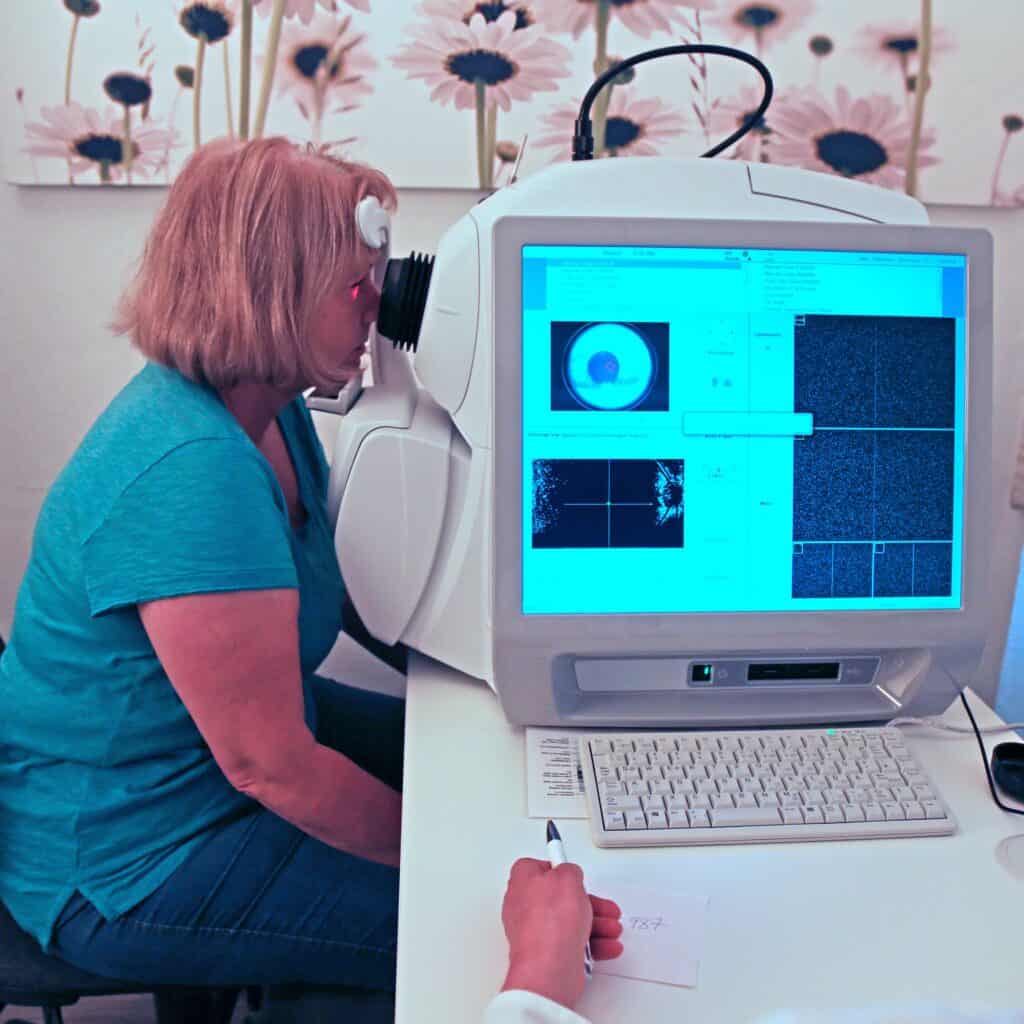
Optical coherence tomography (OCT)
Optical coherence tomography (OCT) involves taking pictures of your retina using a special machine.
This test can help your eye specialist assess the extent of swelling and evaluate the effectiveness of treatment for vascular occlusions.
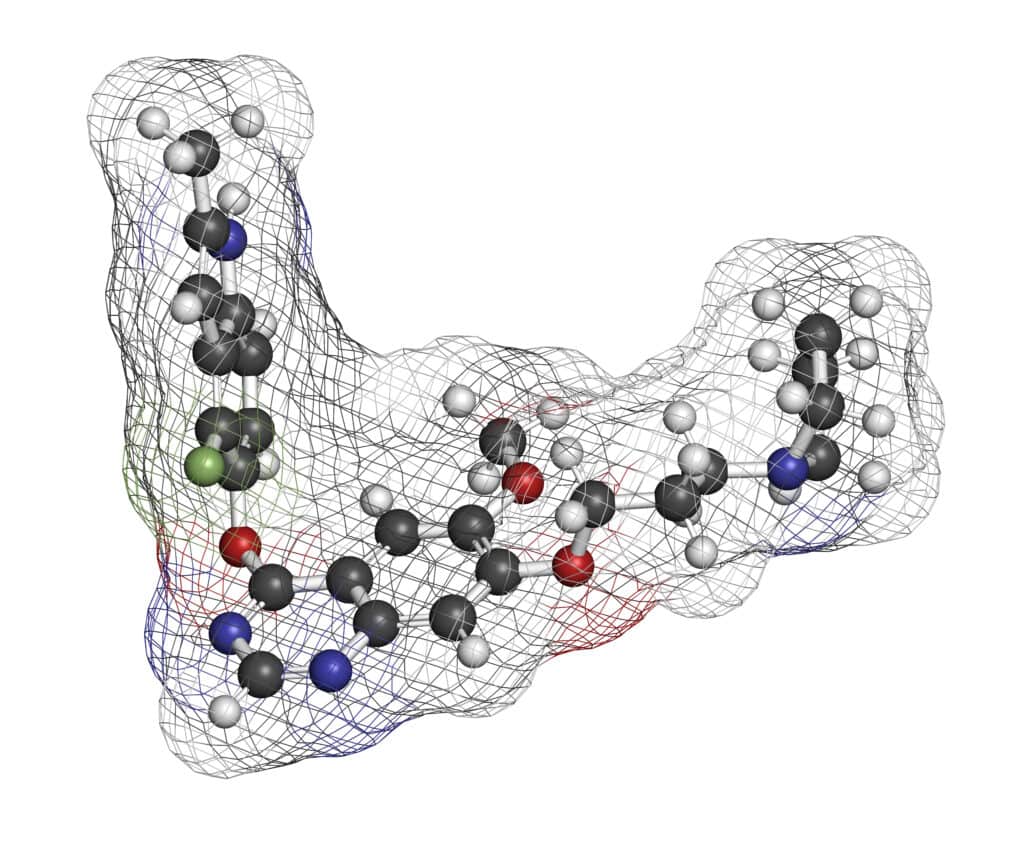
Vascular occlusion treatment
Vascular occlusion treatment does not cure the damage that has already occurred, but it can prevent further loss of sight.
Some of the treatments available for CRVO include the following:
- Anti-VEGF injections
- Laser treatment
- Steroid medication (no longer used except in refractory cases)
Anti-VEGF drugs can be injected into your eye to reduce the levels of vascular endothelial growth factor, which helps prevent and reduce macular edema.
You will likely need multiple and continuous injections over time to effectively treat your type of vascular occlusion.
Laser treatment like pan-retinal photocoagulation (PRP) is recommended for severe cases of CRVO with abnormal blood vessel growth called neovascularization that can lead to a severe form of glaucoma called neovascular glaucoma (NVG).
Why choose Vision Pros to treat your vascular occlusions?
- Experienced ophthalmology team with expertise in all areas of ophthalmology, optometry, and general eye care.
- Rapid access and referral to world-class comprehensive screening and cutting-edge treatment in a state-of-the-art ophthalmology clinic.
- Holistic, personal, and patient-centric approach to every aspect of eye care.
Book an appointment for your comprehensive eye examination today
- https://www.nei.nih.gov/learn-about-eye-health/eye-conditions-and-diseases/central-retinal-vein-occlusion-crvo
- https://www.nei.nih.gov/about/news-and-events/news/vision-improvement-long-lasting-treatment-blinding-blood-vessel-condition
- https://www.nei.nih.gov/about/news-and-events/news/new-treatment-found-reduce-vision-loss-central-retinal-vein-occlusion
- https://www.nature.com/articles/s41433-023-02459-2
- https://www.nature.com/articles/s41598-023-30239-1